More Than Reading
Literacy is more than just reading. It is a way to understand the world around us. It allows us to identify, interpret and create; to shape our lives and tell our stories; and to communicate and engage with others. All social progress begins with education, and education begins with early literacy.
It is the key to unlocking human potential.
A person’s ability to read lowers their risk of poverty, improves their chances of employment, increases social inclusion, and leads to a healthier life. (The United Nations Education, Scientific, and Cultural Organization). And adults with low literacy skills often struggle to access and use the healthcare system for themselves and their young children. This can cause risks of developmental and health issues (Barbara Bush Foundation for Family Literacy). Higher literacy also has recently been correlated with lower infant mortality and increased empathy
According to the National Education Association, children who participate in early childhood education program:
less likely to repeat a grade
less likely to be identified as having special needs
more prepared for later grades
more likely to graduate from high school
higher earners in the workforce.
Unfortunately, historically underserved children are, once again, at a disadvantage.
The Deficit
On a national level, the Annie E. Casey Foundation identified that half of the school achievement gap between economically disadvantaged young children and their more affluent peers starts before kindergarten. And more than 1 in 3 American children start kindergarten without the skills they need to learn to read (American Academy of Pediatrics). In our community, The Literacy Cooperative found that 61% of incoming Cleveland Metropolitan School District (CMSD) kindergarten students are not adequately prepared to succeed, compared to only 20% in the outer ring suburbs.
At-risk children are often gravely behind in kindergarten readiness.
Pre-K Years Are Critical.
Reading aloud to children, starting at birth, helps build brain connections during the first 5 years of their life. This is the time in which 90% of a child’s brain development happens (Center on the Developing Child at Harvard University). The number of words a child knows when they start kindergarten is a predictor of their future success in school and in life (Read Aloud 15 Minutes). And we know that reading, talking, singing, and playing with young children helps to improve their language, literacy, social skills, and emotional skills. (American Academy of Pediatrics).
While public school are doing the best they can with the resources they have, it's not enough. Earlier, better and more intensive early literacy training is needed.
Ultimately, the question of early literacy development is not what is enough, but what is possible.





